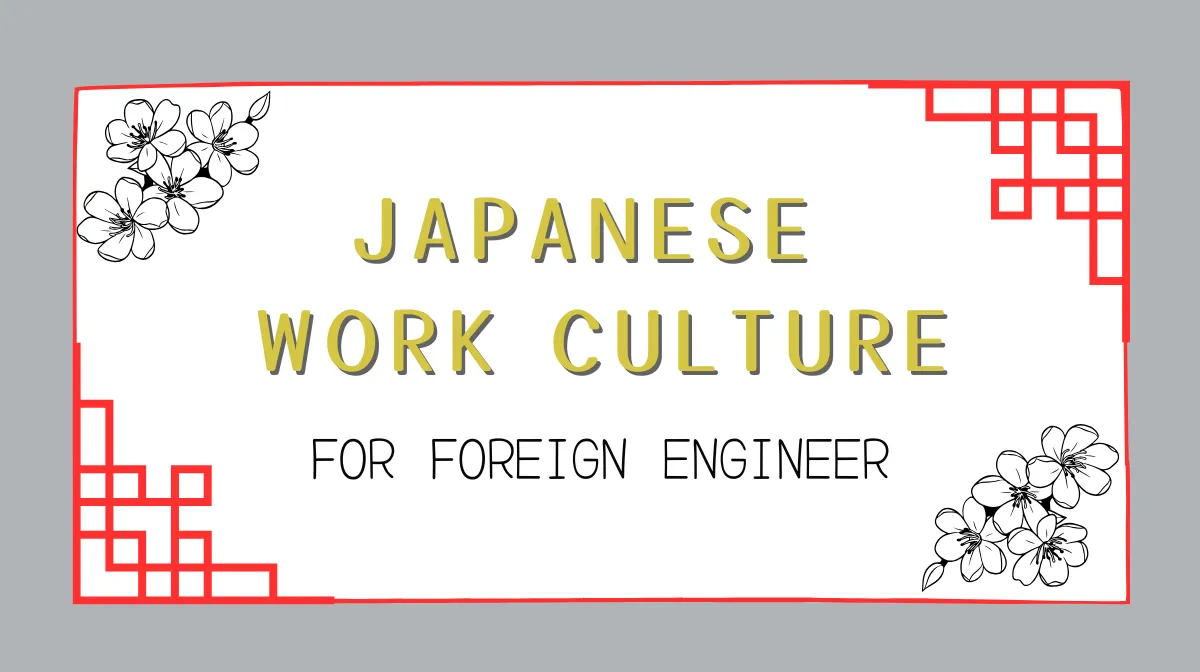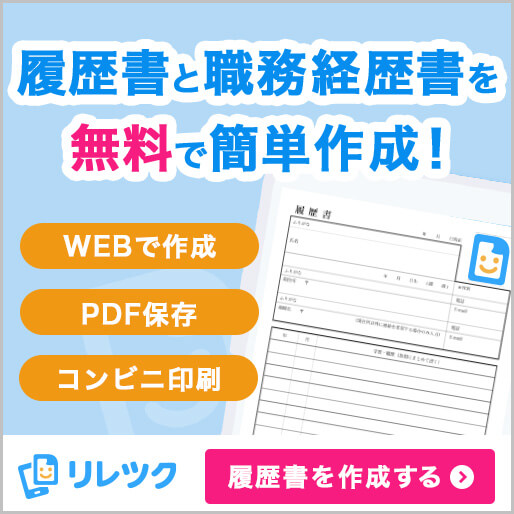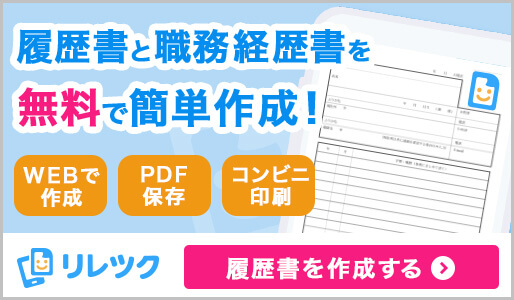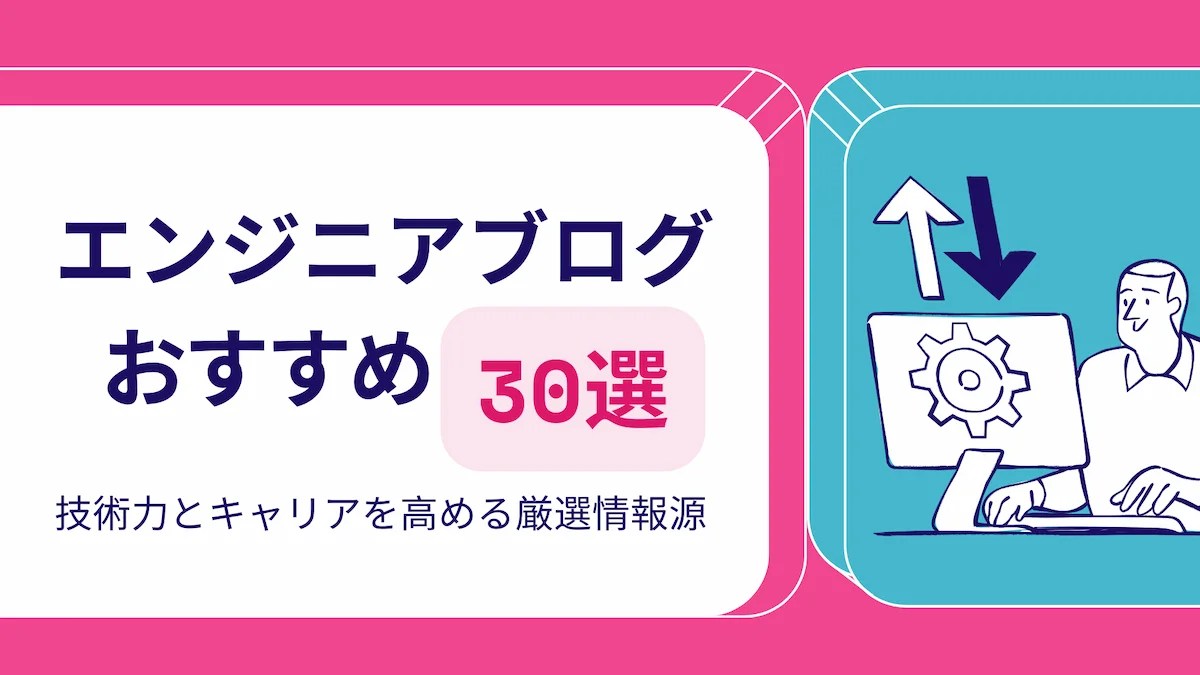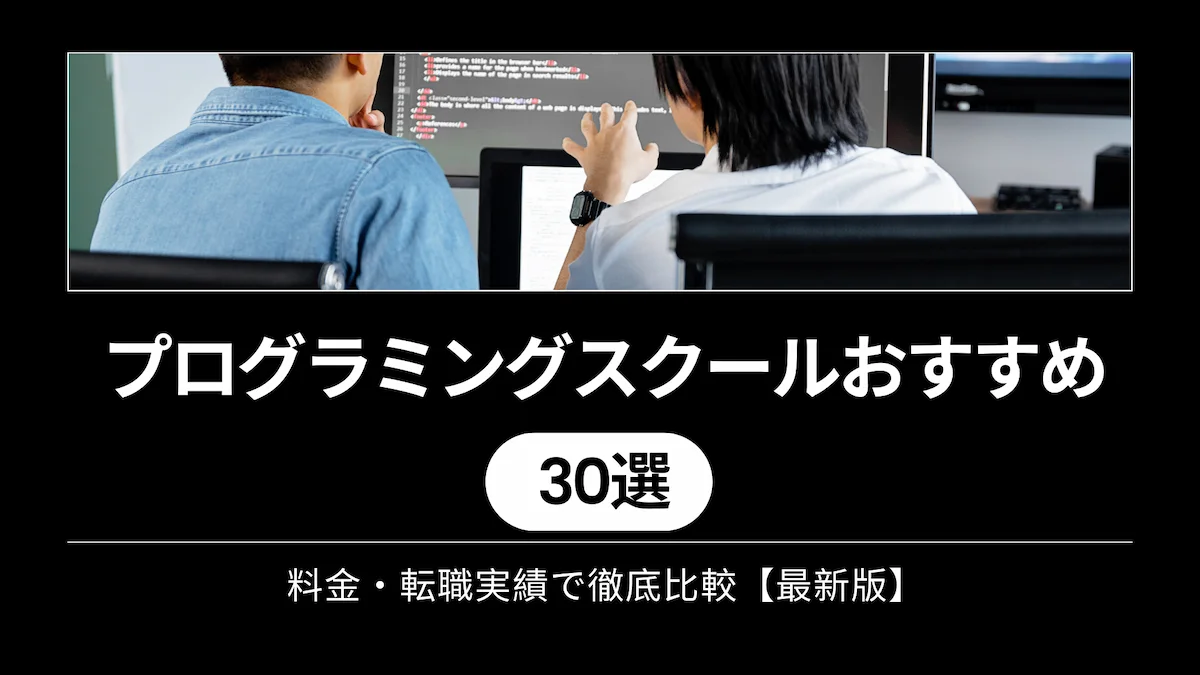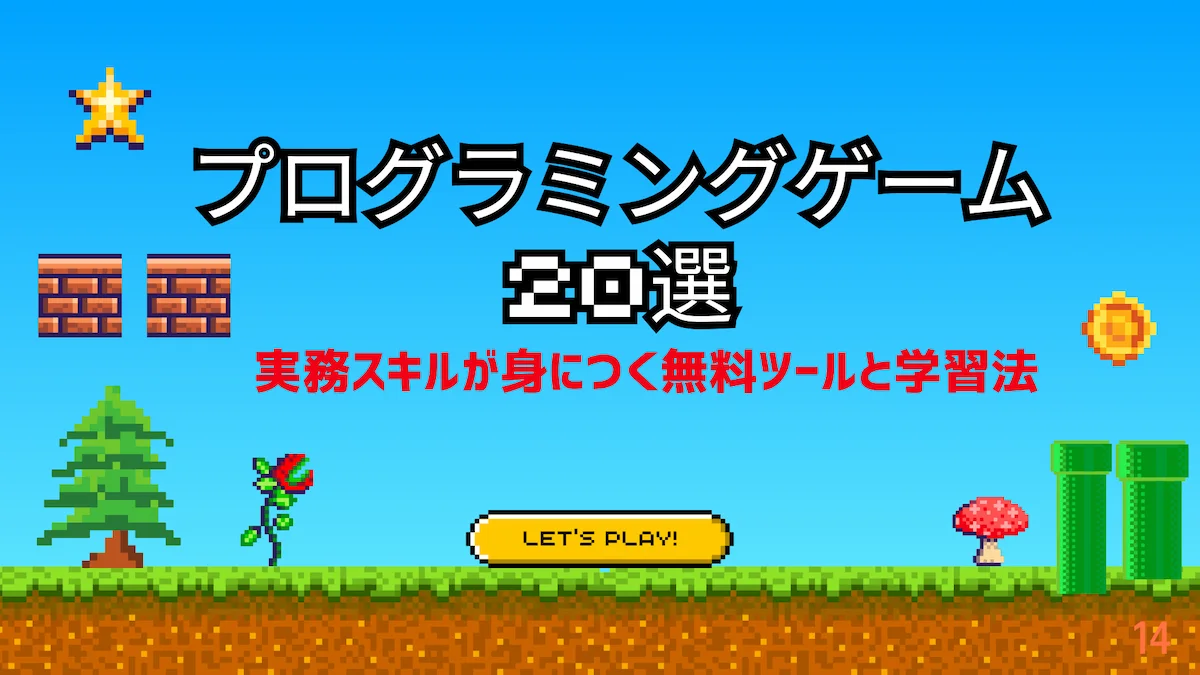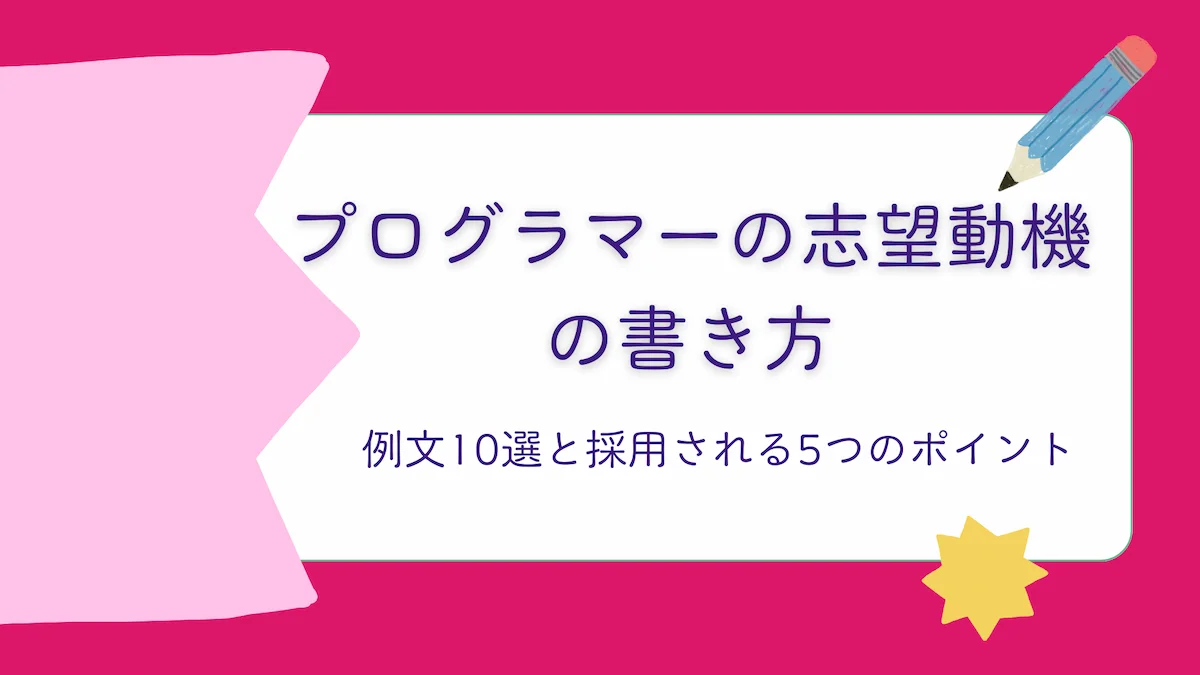Japanese work practices such as the seniority system, group consciousness, and “hourensou” (reporting, communicating, and consulting) differ significantly from global standards.
This article explains the characteristics of Japanese work culture and specifically details how foreign engineers can adapt and grow within it.
- Key Japanese workplace customs for foreign engineers.
- How to balance Japanese quality standards with efficiency.
- Ways to use your global perspective as an advantage.
1. Basic Knowledge of Japanese Work Culture
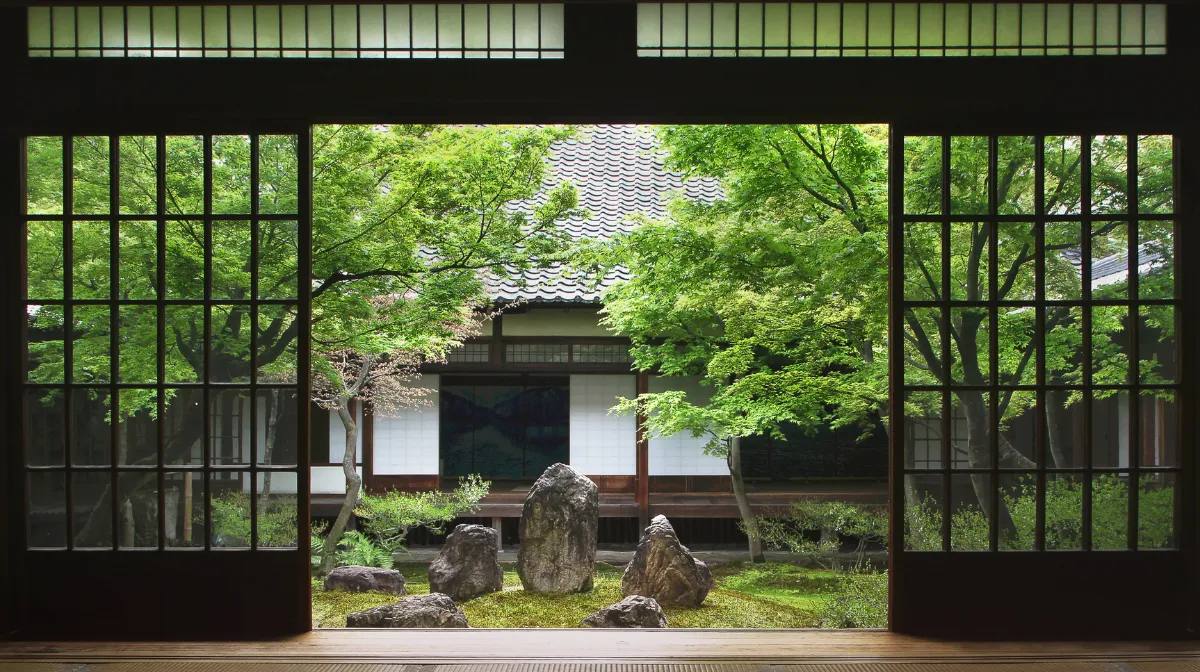
Japanese work culture has unique characteristics such as long working hours, the seniority system, and group consciousness. Below are the key points of Japanese work culture.
The Fusion of Seniority System and Merit-Based Evaluation
The seniority system, which symbolizes Japanese work culture, has long been established as a mechanism for determining promotions and compensation based on an employee’s age and years of service.
However, in recent years, there has been a move toward incorporating merit-based evaluation (performance-based systems) that emphasize results and ability, with a growing trend toward finding a balance between the two approaches.
These changes are factors that enhance corporate competitiveness and promote diverse work styles.
On the other hand, the implementation of merit-based systems and the degree of adherence to the seniority system vary by company, so it’s important to understand the rules of the company where you work.
The Essential Meaning of Japanese Business Etiquette
The essence of Japanese business etiquette lies in being considerate of others and building trust. It is important to respect others and carefully convey your thoughts while being mindful of their position and situation.
In addition to basic practices such as greetings and exchanging business cards, careful attention is paid to language usage. While perfection is not necessary, you are expected to build trust by expressing consideration for others through your actions and words.
The Background and Practice of Valuing “Wa” (Harmony)
The spirit of valuing “wa” permeates throughout Japanese society and is important in the workplace as well. The value of “wa” promotes harmony and teamwork among employees, creating an environment where individuals can maximize their abilities.
It is also the foundation for minimizing conflict and achieving smooth communication. To achieve “wa,” you are expected to understand the position of others and cooperate toward common goals.
2. Japanese Work Approach

There are unique characteristics in how work is approached in Japan. Understanding Japanese work culture is very important for working smoothly in Japan.
Below are the key points to keep in mind for doing business in Japan.
Utilizing “Hou ren sou”
In Japan, it is considered business etiquette to always practice “hourensou” (reporting, communicating, and consulting) before making decisions.
This is a behavior that is valued for smoothly progressing team work. By practicing hourensou, it becomes easier for superiors and colleagues to grasp the progress of work, allowing for prompt responses when problems arise.
This culture may not be familiar, especially to foreigners. For example, in America, frequent reporting and communication with superiors may be avoided to save the boss’s time.
However, in Japan, practicing hourensou leads to being evaluated as “a capable person” and is an important element in building trust.
“Nemawashi” and the Process Leading to Decision Making
In Japanese business culture, the process is often valued more than the result, and there is a tendency to spend a lot of time on preparation and adjustment stages toward achieving goals and solving problems.
In particular, “nemawashi,” which involves informally coordinating opinions with relevant parties in advance, is one of Japan’s unique cultures. This process may seem inefficient at first glance.
However, by making decisions after obtaining consensus from everyone, it leads to smooth execution and strong teamwork.
Positioning Techniques Within a Team
In Japanese workplaces, hierarchical relationships and role divisions are clear, so you are expected to work while being conscious of your position within the team.
Taking an appropriate position while being mindful of relationships with superiors and colleagues is a key point in building trust in the workplace.
In addition to understanding your role and acting based on it, having an attitude of actively contributing to the team is also important.
About Non-verbal Communication
In Japanese business, not only verbal communication but also non-verbal elements are emphasized.
Subtle elements such as facial expressions, gestures, posture, tone of voice, and timing serve as clues to understanding the other person’s intentions and feelings.
Especially, the ability to grasp intentions and consideration that are not expressed in words is important for building trust relationships. By enhancing observational skills and responding flexibly according to the other person’s feelings and situation, better communication becomes possible.
■日本でエンジニアとしてキャリアアップしたい方へ
海外エンジニア転職支援サービス『 Bloomtech Career 』にご相談ください。「英語OK」「ビザサポートあり」「高年収企業」など、外国人エンジニア向けの求人を多数掲載。専任のキャリアアドバイザーが、あなたのスキル・希望に合った最適な日本企業をご紹介します。
▼簡単・無料!30秒で登録完了!まずはお気軽にご連絡ください!
Bloomtech Careerに無料相談してみる
3. Growth Strategy for Foreign Engineers in Japanese Companies

For foreigners to grow and build careers in Japanese companies, it is important to accurately understand company-specific evaluation systems and clarify future career paths.
Below, we explain the characteristics of Japanese evaluation systems and how to design career paths.
The Reality of Japanese Evaluation Systems and How to Utilize Them
Japanese companies are gradually moving away from traditional seniority-based evaluations and are introducing flexible, merit-based evaluation systems.
For example, various systems such as “OKR (Objectives and Key Results),” “Value Evaluation (behavior evaluation based on corporate philosophy),” and “360-degree Evaluation (comprehensive evaluation from colleagues, subordinates, and superiors)” are being adopted.
To enhance your evaluation as an engineer, it is necessary to first accurately understand the company’s evaluation criteria.
Based on this, appealing specific and measurable elements such as skills and achievements, while actively demonstrating non-numerical aspects such as teamwork and cooperation, will lead to improved evaluations.
How to Design Career Paths
To effectively design a career path, it is first necessary to have a concrete vision of your future. There may be several options such as
- Management position
- Technical specialist
- Generalist
- Returning to your home country
- Independence/entrepreneurship, etc.
It is important to accumulate experience and skills according to the career path you desire. For example, if you aim for a management position, it is important to hone leadership skills and project management capabilities.
Also, if you aspire to be a technical specialist, actively pursue training and qualifications to deepen expertise in specific fields.
Furthermore, it is important to clearly communicate your career plan through communication with the company and adjust it with the company’s needs.
Through the process toward your goal, you can design a career path where your growth and the company’s development align.
4. Practical Skills as an Engineer
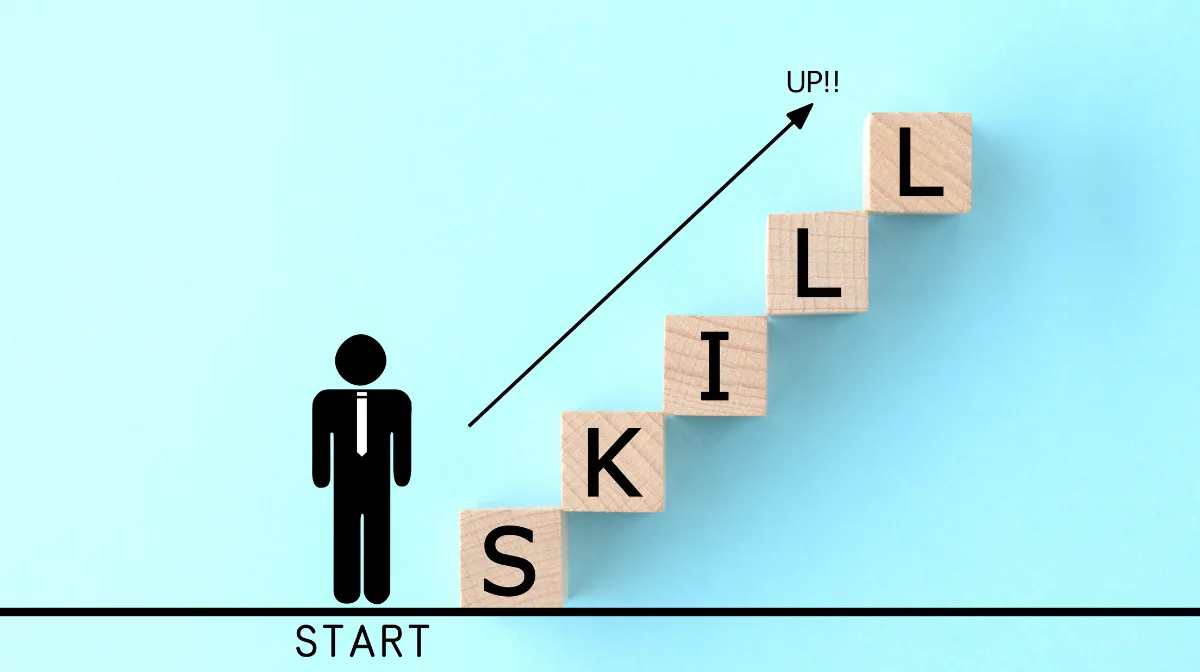
To thrive in Japanese companies, in addition to specialized skills, you need to understand and flexibly adapt to Japan’s unique work style and approach to quality management.
Below, we explain practical skills required in Japanese companies.
Japanese-style Documentation
In Japan, there are many situations where accurate and detailed documentation is required.
This is because it plays an important role in project progress management, information sharing, and cause analysis during troubles. It also prevents work from becoming person-dependent and enables work efficiency.
For foreign engineers to hone this skill, it is important to understand the framework for creating Japanese-specific documents.
Also, seeking advice from superiors and colleagues or attending training will help consolidate these skills.
Balancing Quality Commitment and Efficiency
In Japanese companies, the concept of “quality first” is deeply rooted, and detailed quality management is required. On the other hand, efficiency has also become important in recent years.
As an engineer, to balance these, it is necessary to be conscious of the balance between deadlines and quality while utilizing the latest tools and technologies. Incorporating the PDCA cycle is also effective.
■日本でエンジニアとしてキャリアアップしたい方へ
海外エンジニア転職支援サービス『 Bloomtech Career 』にご相談ください。「英語OK」「ビザサポートあり」「高年収企業」など、外国人エンジニア向けの求人を多数掲載。専任のキャリアアドバイザーが、あなたのスキル・希望に合った最適な日本企業をご紹介します。
▼簡単・無料!30秒で登録完了!まずはお気軽にご連絡ください!
Bloomtech Careerに無料相談してみる
5. Utilizing Strengths as Global Talent

Global talent with international perspectives and experiences is expected to make significant contributions to companies by creating new value through diversity and serving as bridges between cultures.
Below, we explain the strengths of global talent and how to utilize them.
Proving the Value That Diversity Brings
The greatest value that global talent brings is the problem-solving ability that leverages diverse perspectives and experiences. Understanding different cultures and values, and incorporating them into the workplace and projects can promote creativity and innovation.
Actively propose new ideas and solutions based on your background and experiences, demonstrating that diversity leads to concrete results.
Examples of utilizing strengths as global talent: ◎ Market analysis utilizing cross-cultural understanding ◎ Proposal of new businesses using international networks
Also, by respecting diverse opinions within the team and promoting open dialogue, it is possible to enhance the organization’s problem-solving ability and improve competitiveness.
Establishing Your Position as a Bridge
Global talent plays an important role as a “bridge” connecting different cultures and languages. To establish your position as a “bridge,” the following points are important
- Excellent communication skills
- Deep understanding of different cultures
- Honing language skills
- Being sensitive to cultural differences
- Skills to explain things in an understandable way to others
In international projects and multicultural teams, it is important to actively take on the role of coordinator and make efforts to deepen understanding among members.
Also, by facilitating cooperation between headquarters and overseas offices or different departments, you can contribute to improving the efficiency of the entire organization.
6. Achieving Work-Life Balance

In career development, balancing work and personal life is an essential element for long-term success.
Especially in the Japanese work environment, you may face challenges such as overtime culture and difficulty in taking time off. By strategically overcoming these, you can achieve a sustainable career.
How to Deal with Overtime Culture
The overtime culture in Japan is one of the major challenges for foreign workers. To understand the overtime culture while maintaining a healthy life, efficient time management is required.
It is important to clarify the priorities of your tasks and to clearly distinguish between necessary and unnecessary overtime in collaboration with your superiors.
Also, more companies are now enabling flexible work styles through the use of remote work and flextime systems.
Understand the time of day when you are most productive, and by concentrating on your tasks during those hours, you can achieve work efficiency and reduce overtime.
Strategic Approach to Taking Time Off
Appropriate time off is essential for refreshing and improving performance. To plan and take time off, it is effective to make an annual plan and share it with superiors and colleagues.
Also, consider utilizing special leave and long-term leave.
For foreign workers, it may be possible to apply for special leave for returning to their home country. During time off, it is important to completely disconnect from work and refresh both mentally and physically.
Building a Sustainable Career
Maintaining work-life balance is essential for long-term career building. By securing time for self-development and skill improvement, you can handle work more efficiently.
Health management is also important. Regular exercise and sufficient sleep can reduce stress and stabilize work performance.
Furthermore, if you can build good relationships in the workplace, communication will be smoother, making it easier to progress with work efficiently.
By setting clear career goals and acting according to plans toward them, let’s build a sustainable career while maintaining a balance between work and personal life.
7. The Essence of Japanese Work Culture is “Consideration”
While Japanese work culture may seem difficult to understand at first glance, its essence lies in being considerate of others and achieving results as a team.
As a foreign engineer, understanding and adapting to this culture will be a significant strength in your career.
By incorporating the good aspects of Japan while leveraging your global perspective, you can grow as a more valuable talent.

